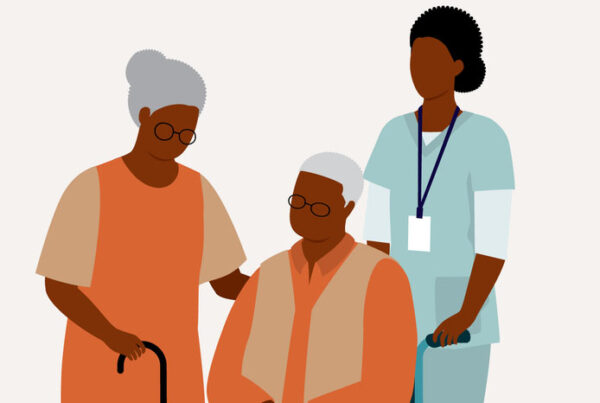By: Jason Jowers, MFT
Natural disasters like coastal flooding, heat waves, and hurricanes are just a few of the issues that can affect military families and military installations that are on or near coastlines. As we see year after year with each hurricane season, these storms have far-reaching impacts on infrastructure and communities.
Hand in hand with disaster and hazard readiness efforts, habitat conservation efforts are also an important concern. Protecting both wildlife and the habitats where they live and thrive is important to maintaining healthy ecosystems. So how can military communities protect themselves and the surrounding animal life?
The Coastal Resilience DoD Liaison Program
To address conservation efforts that also help mitigate the impacts of natural disasters on military communities, the Department of Defense (DoD) partnered with Georgia Sea Grant, a part of the National Oceanic and Atmospheric Administration (NOAA), to establish the Coastal Resilience DoD Liaison Program. The mission of the Coastal Resilience DoD Liaison Program is simple: to meld military might with environmental restoration and shore up coastlines in the face of growing environmental threats.
Leading this program is Dr. Michelle Covi, who has spent the past three years at UGA spearheading the Coastal Resilience DoD Liaison Program. She works regionally in the Southeast to connect Sea Grant programs with military community coastal resilience projects. In her current role, Dr. Covi collaborates with military installations across the country to promote environmental education and create climate plans within the local communities.
“Climate change doesn’t really know fence lines,” says Covi, who has plenty of experience with boots-on-the-ground resilience efforts. Examples of some of the work she’s been involved in include creating and building living shorelines and starting conservation projects protecting habitats near military installations. Her journey to this impactful role was guided by her unwavering dedication to environmental stewardship. Covi shares: “Climate change and flooding can be seen as an encroachment to humans, no different than urban and land development can be seen as an encroachment to wildlife habitats.”
For defense communities, installations, and the cities and towns around them, climate resilience has become an increasingly important concern. Climate resilience is the ability of a community to anticipate, prepare for, respond, recover, and adapt to hazards such as more frequent and intense storms, extreme heat and drought, flooding, and other disruptions (Covi, 2022).
Putting Into Practice Disaster and Hazard Readiness
Military families and service professionals play a role in developing climate resiliency where they live and work. Military families can participate in vulnerability studies and planning projects to address climate-induced vulnerabilities. Projects include but are not limited to building or retrofitting utilities and stormwater infrastructure, protecting against shoreline erosion, and evaluating critical infrastructure, many of them incorporating natural and nature-based infrastructure (Covi, 2022).
Providing care for military families and children is uniquely important during times of crisis and disaster. Service professionals who work with military families can also be great resources in creating safety plans, as well as working through financial, nutrition, and mental health concerns when preparing for and staying safe during natural disasters. Ready.gov is an online resource for professionals and families to utilize when preparing for natural disasters. Included are multiple types of safety plans for financial preparedness, safety skills, and taking care of your pets. The FEMA mobile app provides information on emergency shelters in your area, weather alerts, and additional resources on the go.
OneOp also focused on this topic in two previous Military Family Readiness Acedamy‘s. Visit these links to learn more, including courses, webinars and additional resources:
Stay tuned to our OneOp Blog page for future posts highlighting disaster preparedness work for professionals working with military families.
Resources
Covi, M. (2022). Best Practices and Guidance for Engaging with Military Installations for Climate Resilience in Defense Communities. University of Georgia Marine Extension and Georgia Sea Grant. https://gacoast.uga.edu/wp-content/uploads/2022/07/Best-Practices-Report_DOD.pdf












